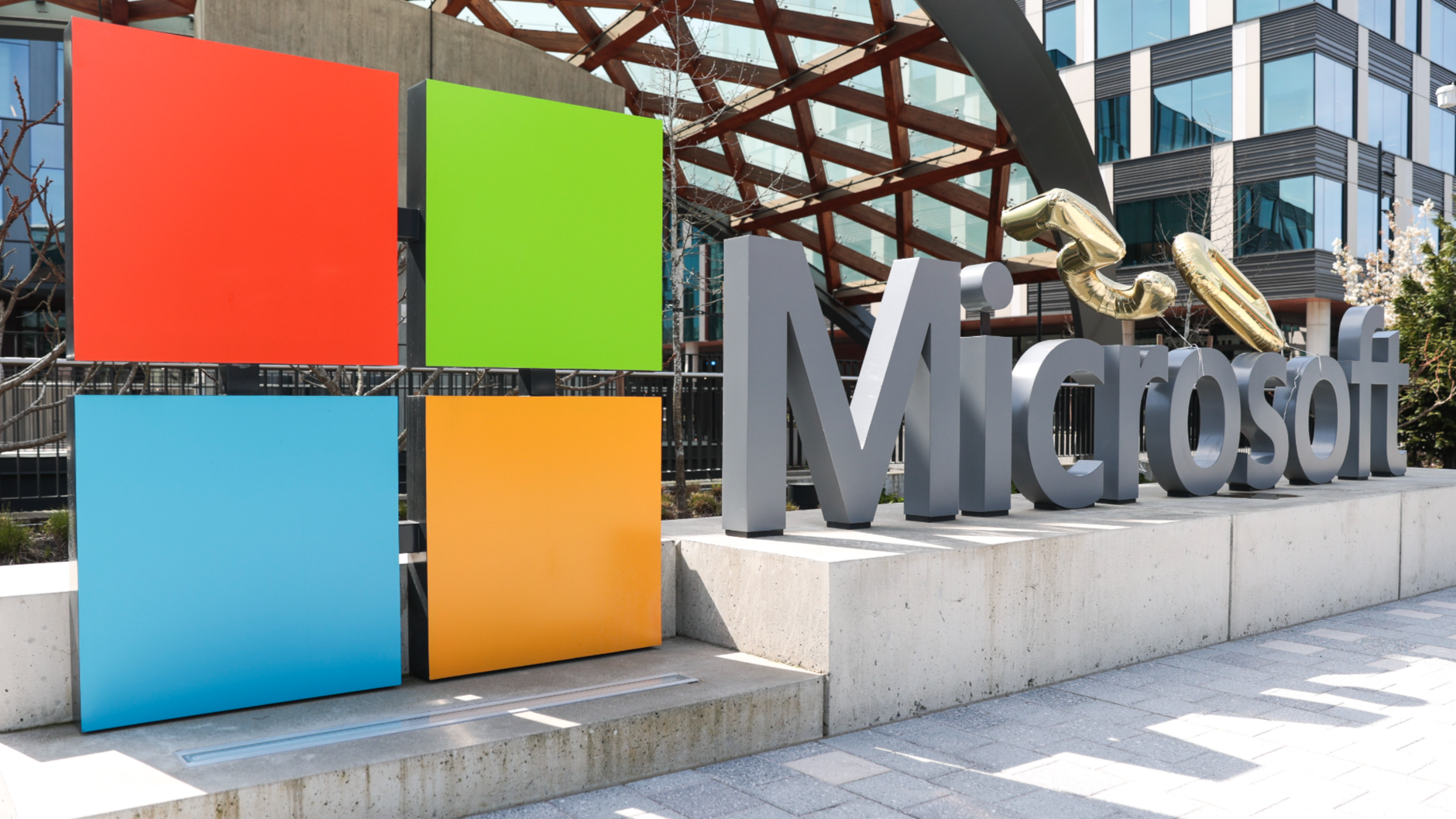
Microsoft will start using artificial intelligence models from Anthropic to help power its workplace AI assistant, adding a significant partner to a product that has so far been predominantly driven by OpenAI.
Starting on Wednesday, business users of Microsoft’s Copilot-branded AI assistant will be able to toggle between OpenAI and Anthropic models for certain functions, including digital research assistance and help building customized AI tools.
Microsoft has staked out a leading position in commercializing artificial intelligence for the workplace, largely thanks to its partnership with OpenAI, the startup behind ChatGPT. In exchange for a massive investment and data center power, Microsoft won the right to incorporate OpenAI’s tools into its products. OpenAI models back Microsoft’s line of Copilot-branded tools, which include a software coding assistant, a personal assistant and the workplace chatbot Microsoft 365 Copilot.
ALSO READ: Report: OpenAI to share 8% revenue with Microsoft, partners
Anthropic, founded by former OpenAI employees, is one of the largest OpenAI competitors and a key player in the industry. Microsoft is currently revising the terms of its relationship with OpenAI as well as working on building more powerful versions of its in-house models.
In the nearly three years since ChatGPT launched, AI models have proliferated, and companies have experimented widely with the tools. Big cloud-computing providers — including Microsoft — have competed to host models built by multiple companies, betting that their clients want to be able to toggle among AI services.
Anthropic’s Claude Opus 4.1, designed for complex reasoning tasks, will be available for users of Microsoft 365 Copilot’s Researcher feature as well as Copilot Studio, an agent-creation tool. Copilot Studio users will also be able to tap into Claude Sonnet 4, a lighter-weight model. Customers will continue to have access to OpenAI models, too, Microsoft said.
READ MORE: Microsoft, OpenAI reach non-binding deal to allow OpenAI to restructure
The move “advances our commitment to bring the best AI innovation from across the industry to Microsoft 365 Copilot,” Charles Lamanna, Microsoft’s president of business and industry Copilot, said in a blog post.


